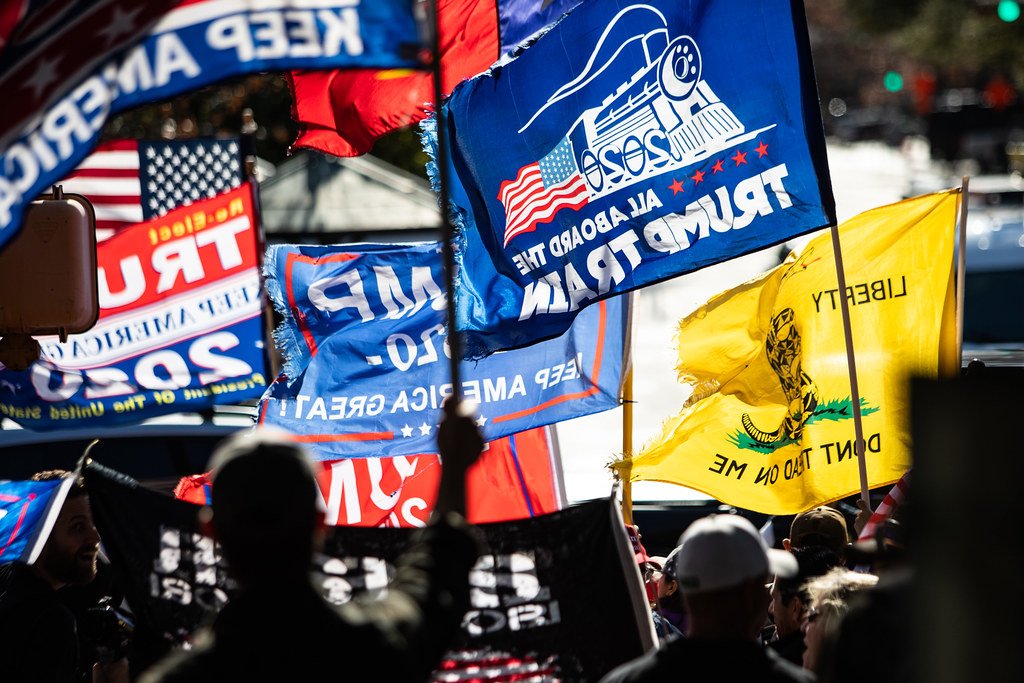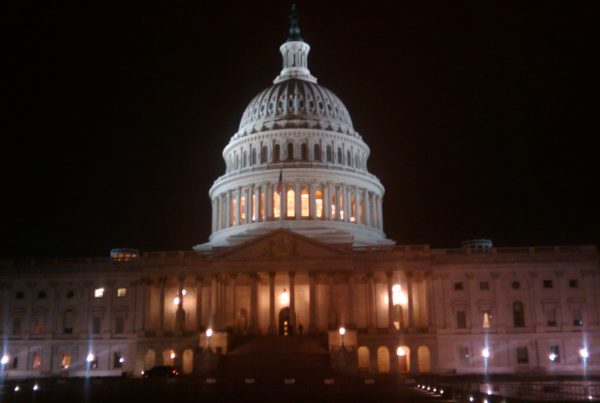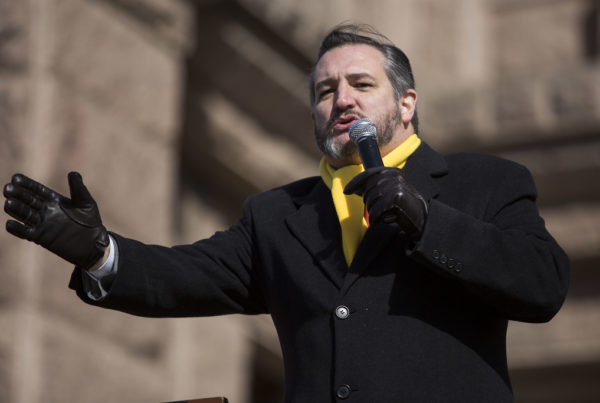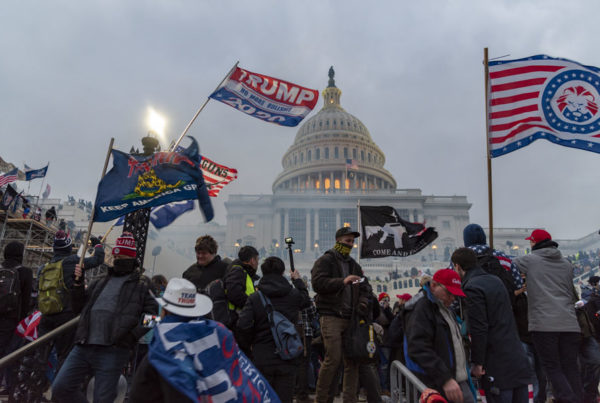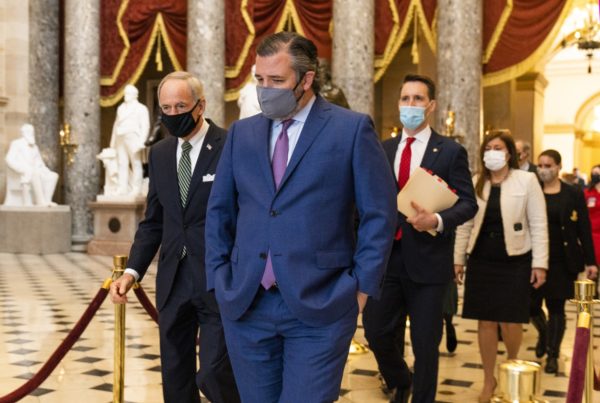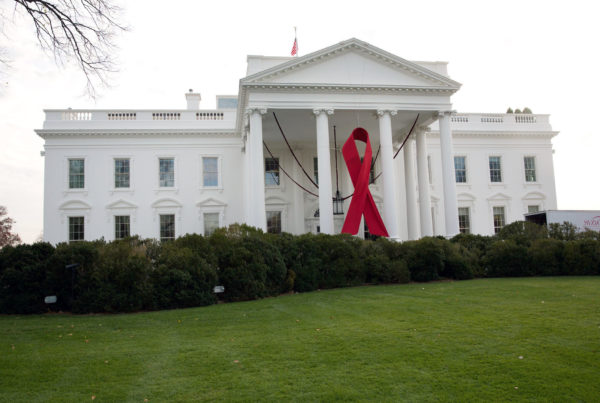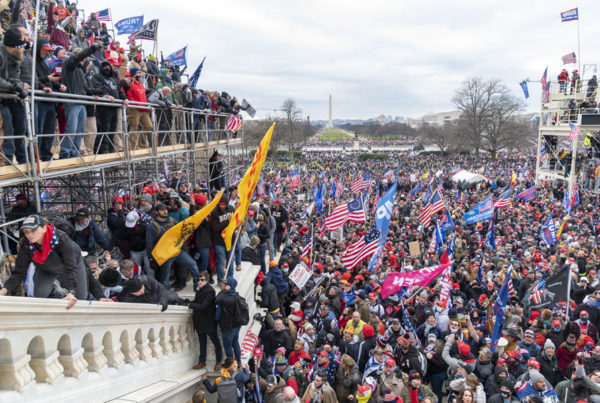History Professor Peniel Joseph says U.S. Capitol Police’s use of “kid gloves” with extremists Wednesday “makes sense” in an historical context.
“Historically, law enforcement has been designed right after racial slavery to see Black people as a problem that had to be contained and managed. And they rarely see white – whether they’re protesters or insurgents or terrorists – in the same manner. So we saw that on full display in the nation’s capital yesterday,” Joseph told Texas Standard.
Joseph is the founding director of the Center for the Study of Race and Democracy at the LBJ School at the University of Texas at Austin. He says the events of Jan. 6 reminded him of mob action in the late 19th and early 20th centuries.
“When we think about the first Reconstruction, between 1865 and 1877, that’s when we really see these kind of mobs get together at the local level, not necessarily marching to the U.S. Capitol, but in places like Memphis and New Orleans,” Joseph said.
He says those mobs were trying to overturn action to promote interracial democracy in states trying to get back into the Union after the Civil War.
“In a lot of ways, what we saw at the U.S. Capitol recalls that, and it also recalls in the early 20th century, these white riots in places like Chicago and East St. Louis and parts of Arkansas, in Rosewood, Florida. And certainly, the most famous one that we know now is Tulsa, Oklahoma, in 1921,” Joseph said.
Joseph also notes the timing of Wednesday’s siege in the wake of the elections of Georgia’s first Black senator and first Jewish senator.
“And I think we should remember that during the first Reconstruction, alongside of the rise of the Klan, we had Black elected officials, we had historically Black colleges and churches,” Joseph said. “And during the civil rights movement, we saw the same thing. We saw really tremendous events like the Brown desegregation decision by the Supreme Court, followed up by the murder of Emmett Till a year later.”
Still, Joseph does not want to ignore the importance of Rev. Raphael Warnock’s election.
“Certainly the Warnock victory shows you that things are changing,” Joseph said. “And Warnock presides over Martin Luther King Jr.’s church, Ebenezer Baptist Church in Atlanta. And it was really unimaginable to think, in Dr. King’s Atlanta, that a Black preacher from Ebenezer could be elected to the U.S. Senate. So these are historically progressive times that we’re in, even as we are also in these historically reactionary times.”


